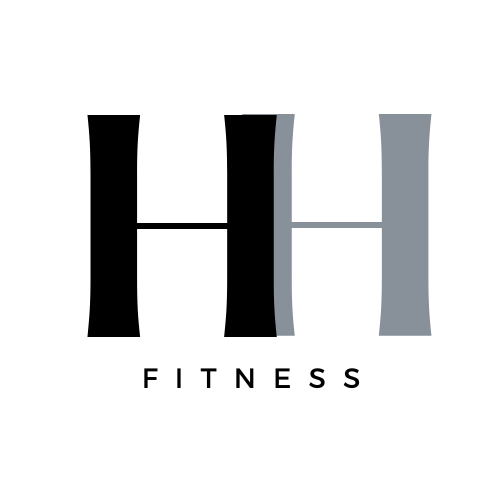This is a loaded question, and as with almost everything in fitness & nutrition, the answer may differ from person to person and season to season of life. If I’m talking with a nutrition client about potentially tracking their intake (which I do with all clients to begin our work together, but we may stop at some point), I’m considering the following:
What are their goals? Weight loss? Weight gain? Body recomposition? Maintenance? Performance?
Do they have a history of unhealthy food restriction, disordered eating, or an eating disorder?
What is their lifestyle? Is tracking realistic in their schedule, and if so, what method?
And more.
It’s also important to note that when I say “tracking calories” I mean tracking much more than just the number of calories you consume in a day. This includes protein, fat, carbohydrate, fiber, and some micronutrients (which can be specific to each person and their goals).
But without getting into the nitty gritty, the main benefit of tracking intake for at least a period of time (because I do recommend everyone take a break from tracking to put their experience and knowledge from the practice to the test) is
Increased awareness of actual food, calorie, and macro and micronutrient intake.
No matter what your goals are, tracking can be beneficial for everyone for that reason alone - increased awareness of actual food intake. Whether you’re a Crossfit athlete or a perimenopausal woman, you need to know what you’re eating to know if you’re on track towards your goals.
The physical act of tracking - whether into an app or on a piece of paper - increases our awareness of the quantity and quality of the foods we consume, as well as where our calories, macros, and micronutrients are coming from. This is so important!!! Without this knowledge, you’d be trying to navigate your own nutrition journey with no roadmap. Just winging it. And given the likelihood of the over- and underestimation tendencies most of us have, we’re not very good at winging it.
Oftentimes, we either overestimate or underestimate the amount of food we take in. Most of us are overestimating our protein intake and underestimating our fat and carb intake. I think most of us know we don’t get enough fiber.
In order to avoid making these estimation errors, accurately tracking your intake does involve weighing and measuring the foods you consume, which - I KNOW I KNOW - can feel tedious. But again, without this accuracy, we’re just winging it. Chances are, my one tablespoon measurement of peanut butter on most days is about 1.5-2x as much as the actual serving size, which I would only know if I weighed and tracked that for a period of time and practiced measuring my portions.
This is usually most easily done in an app containing a large database of thousands of foods and their calorie, macro-, and micronutrient content. Doing so can take up a large portion of the day to input each meal and snack and make sure all goals are being met, but this is part of the process of learning what foods contain what nutrients and in what quantity, and therefore how they will help us or hurt us on the path towards reaching our goals.
If you’ve never tracked your intake before, I would highly recommend doing so for at least a few weeks. If you haven’t tracked intake in some time, pick up the habit again as a way to check in with yourself - are you eating at maintenance? Are you eating a variety of foods? Enough protein and fiber? Healthy fats?
If you’re feeling hesitant about tracking because you feel it might force you back into old restrictive habits, you don’t have to look at calories. You could simply write down the foods you eat daily on a sheet of paper or in the Notes app on your phone. This will provide you with, at the very least, a log of the foods you are consuming so you can better answer those questions - Are you eating a variety of foods? Enough protein and fiber? Healthy fats?
If you found this post helpful, please share it with a friend or family member who could benefit! If you’re looking for some additional nutrition or fitness guidance, please reach out!

